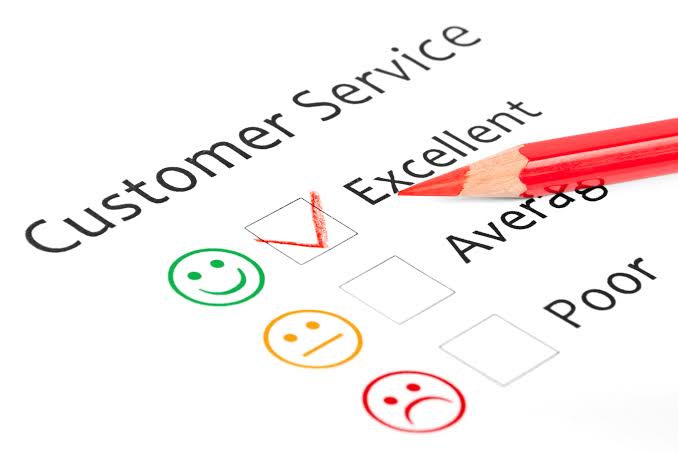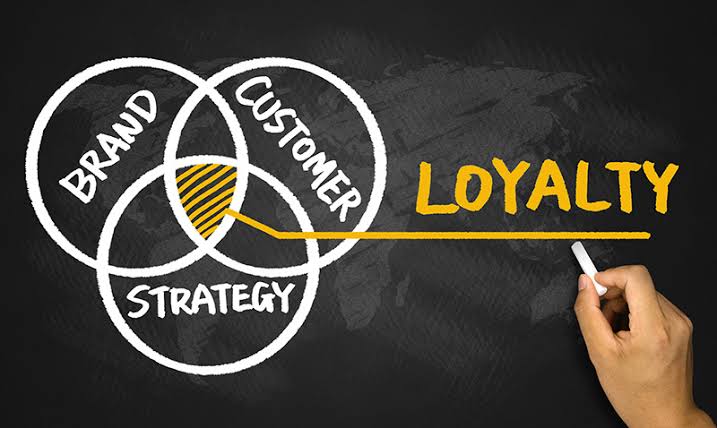In the dynamic and rapidly evolving Nigerian market, enhancing customer experience (CX) is not just a competitive edge but a business imperative. With a population characterised by its youthful demographic and increasing digital adoption, Nigerian businesses have a unique opportunity to leverage customer experience strategies to build loyalty, drive revenue, and differentiate themselves in a crowded marketplace. Let's explore enhancing customer experience in the Nigerian market.
Understanding the Nigerian consumer

To effectively enhance customer experience, it is crucial to understand the Nigerian consumer. The Nigerian market is diverse, with varying income levels and consumer behaviors. According to a GeoPoll study, the largest portion of Nigerian households earns below 269,000 NGN per month, highlighting the need for affordability and value in products and services. Younger consumers, particularly those aged 18-24, represent a significant segment but often fall into the lower income brackets. This demographic shift indicates a growing future purchasing power as these consumers age and increase their earnings.
Embracing omni-channel strategies

Nigerian consumers interact with brands across multiple channels, both online and offline. As such, an omnichannel approach is essential. This strategy ensures a seamless and consistent customer journey regardless of the platform used. For instance, integrating online shopping experiences with in-store visits can significantly enhance convenience and satisfaction. Businesses must ensure that their online presence, including websites and social media platforms, is user-friendly and responsive, facilitating smooth transitions between different touchpoint.
Personalization and hyper-personalization

Personalization is a powerful tool in enhancing customer experience. Nigerian consumers, like their global counterparts, appreciate personalized interactions that cater to their specific needs and preferences. Hyper-personalization takes this a step further by using data analytics to deliver tailored experiences in real-time. For example, banks in Nigeria are leveraging conversational banking technologies to provide personalized financial advice and support through chatbots and AI-driven platforms. This level of personalization can significantly enhance customer satisfaction and loyalty.
Leveraging technology and data analytics

The role of technology in enhancing customer experience cannot be overstated. Data analytics enables businesses to gain insights into customer behaviors, preferences, and pain points. In the hospitality sector, for example, data analytics helps identify popular amenities, optimize operations, and predict peak booking periods. Such insights allow for more informed decision-making and better customer service. Additionally, emerging technologies like AI, VR, and mobile integrations are transforming customer interactions, making them more engaging and efficient.
Improving customer service

Excellent customer service is the backbone of a superior customer experience. Nigerian businesses must invest in training their staff to provide top-notch service consistently. This involves not only addressing customer inquiries and issues promptly but also proactively engaging with customers to anticipate their needs. The hospitality industry, for example, emphasizes the importance of training staff to be attentive and responsive, thereby ensuring guests have a memorable experience.
Enhancing digital experiences

With the increasing penetration of internet and mobile technologies in Nigeria, enhancing digital experiences is crucial. Websites and mobile apps should be optimized for speed, usability, and accessibility. Moreover, integrating secure and convenient payment options can improve the overall customer experience. E-commerce platforms, in particular, should focus on simplifying the checkout process, offering multiple payment methods, and ensuring robust customer support to handle queries and complaints efficiently.
Fostering customer loyalty

Building and maintaining customer loyalty is vital for long-term success. Loyalty programs, personalized rewards, and consistent engagement can help foster a strong connection with customers. Businesses can utilize CRM systems to track customer interactions and tailor their marketing efforts accordingly. For instance, sending personalized offers based on past purchases or providing exclusive discounts to loyal customers can reinforce their allegiance to the brand.
Adopting sustainable practices

Sustainability is increasingly becoming a key consideration for Nigerian consumers. Businesses that adopt eco-friendly practices not only contribute to environmental preservation but also appeal to the growing segment of environmentally conscious customers. Hotels and other hospitality providers, for example, can implement energy-efficient solutions and promote their sustainability efforts as part of their brand identity. This not only enhances customer experience but also positions the business as a responsible corporate entity.
Enhancing customer experience in the Nigerian market involves a multifaceted approach that combines understanding consumer behavior, leveraging technology, personalizing interactions, and maintaining excellent customer service. By embracing omnichannel strategies, utilizing data analytics, and fostering loyalty through personalized and sustainable practices, Nigerian businesses can create memorable experiences that resonate with their customers, driving growth and competitive advantage in a dynamic market.


